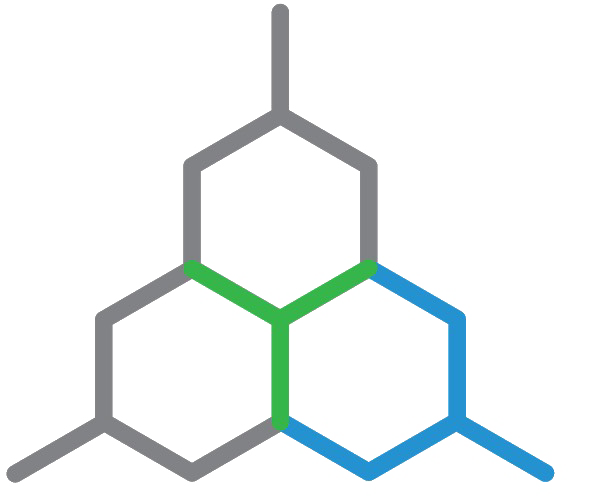Decision making is a daunting task. Combined with navigating health insurance jargon, scattered health information, and feeling crummy as you rush to find care during the onset of a cold, making decisions can be an absolute nightmare. However, artificial intelligence (AI) enabled tools have the potential to change the way we interact with and consume healthcare for the better. AI’s ability to comprehend, learn, optimize and act are keys to organizing the varying nuisances of the healthcare experience.
In a 2018 survey by Accenture, healthcare consumers indicated they would likely use AI for after hours care, support in navigating healthcare services, lifestyle advice, post-diagnosis management, etc. While AI in health is not limited to these functions, the report highlights consumers’ trouble in making informed healthcare decisions, hence this may be an area where AI can truly help.
With more consumers demanding assistance in healthcare decision making, the Robert Wood Johnson Foundation and Catalyst @ Health 2.0 have come together to host the RWJF AI and the Healthcare Consumer Challenge. The challenge was created to find unique innovators creating AI-enabled tools to aid healthcare consumer decision making. As demonstrated by the submissions, AI is currently being investigated to help patients find appropriate providers, estimate the cost of care, have a more personalized health companion, and better understand personal health options. Furthermore, AI may improve health literacy and responsible health decision making by providing curated information that pertains to each individual’s needs. In a landscape where the shift to value-based care is gaining importance, AI has the opportunity to support personalized clinical strategies and even create systems that measure long-term outcomes for patients and providers.
As the challenge enters Phase 2, we are thrilled to congratulate 5 semi-finalists who have demonstrated promising solutions to help consumers make informed healthcare decisions!
Buoy – Buoy is a platform that uses a probabilistic expert system to analyze systems, risk factors, and diagnoses in real time to direct patients to the right care at the right time.
INF Robotics (RUDY) – INF Robotics created RUDY, the premier intuitive mobile social robot that is designed to promote an active and independent lifestyle while keeping older adults connected to their care community.
Patient Price – Patient Price is a mobile application that offers a simplified search experience for patients. It is designed to help patients compare costs, answer most common questions, and ultimately connect individuals with the best provider for their needs.
Sensentia – Sensentia is a solution that simplifies and enhances benefit inquiries in payer call centers. Their AI solution understands natural language from any audience and provides accurate answers reasoned from structured and unstructured data.
Zatient – Zatient is an artificially intelligent knowledge network to bridging the human and analytical aspects of decision making by intelligently synthesizing subjective, heuristic, and factual information into understandable and actionable outcomes.
The five semi-finalists were selected based on the following criteria: impact of the solution, UI/UX design and functionality, leverage of AI, and patient engagement. Each of our semi-finalists will be awarded $5,000 to continue developing their solution or create a functioning prototype/working application. The semi-finalists will move onto a final judging round by an expert panel during our premiere live pitch event at the Health 2.0 Fall Conference.
Not only will our semi-finalists be able to demo their solutions in front of digital health industry leaders, but they will also receive cash prizes to invest in the advancement of their companies. The first place solution will win a grand prize of $50,000, second place will win $15,000, and the third prize will win $10,000.
For updates on the semi-finalists of the RWJF AI Challenge and to learn about additional digital health innovation programs, subscribe to the Catalyst @ Health 2.0 Newsletter, and follow @catalyst_h20 on Twitter.

